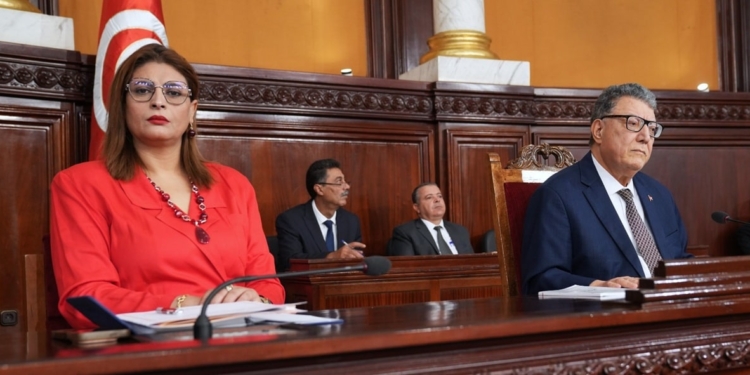During a plenary session devoted to the alarming situation in Gabès, deputies called on Monday for immediate actions to improve health and environmental conditions in the region, heavily affected for decades by emissions from the Tunisian chemical group.
An ignored public health crisis
Elected officials denounced the absence of concrete decisions concerning the closure or reconversion of polluting units, accusing the authorities of “letting the population suffer from chronic illnesses linked to pollution”.
Several deputies also regretted the absence of the head of government and the ministers of the Environment, Industry, Mines and Energy, believing that this absence reflects an official disinterest in the seriousness of the situation.
Parliamentarians warned of the devastating effects of toxic emissions and the annual discharge of five million tonnes of phosphogypsum into the sea, causing widespread air and water pollution and an increased spread of cancer, dermatological and respiratory diseases.
They proposed the creation of a medical unit specializing in the early detection of cancers and the monitoring of victims of pollution, as well as free care for affected residents.
Calls for transparency and accountability
Several deputies demanded the establishment of control and accountability mechanisms to identify those responsible for the deterioration of the environmental and health situation.
They also underlined the need to strengthen cooperation between the government, civil society and citizens of Gabès, in order to guarantee transparent monitoring of the measures taken.
A symbolic gesture of protest
The Sovereign National Line bloc withdrew from the session in protest, denouncing the absence of a clear strategic plan for the gradual dismantling of the Chemical Group’s polluting units.
Read also








